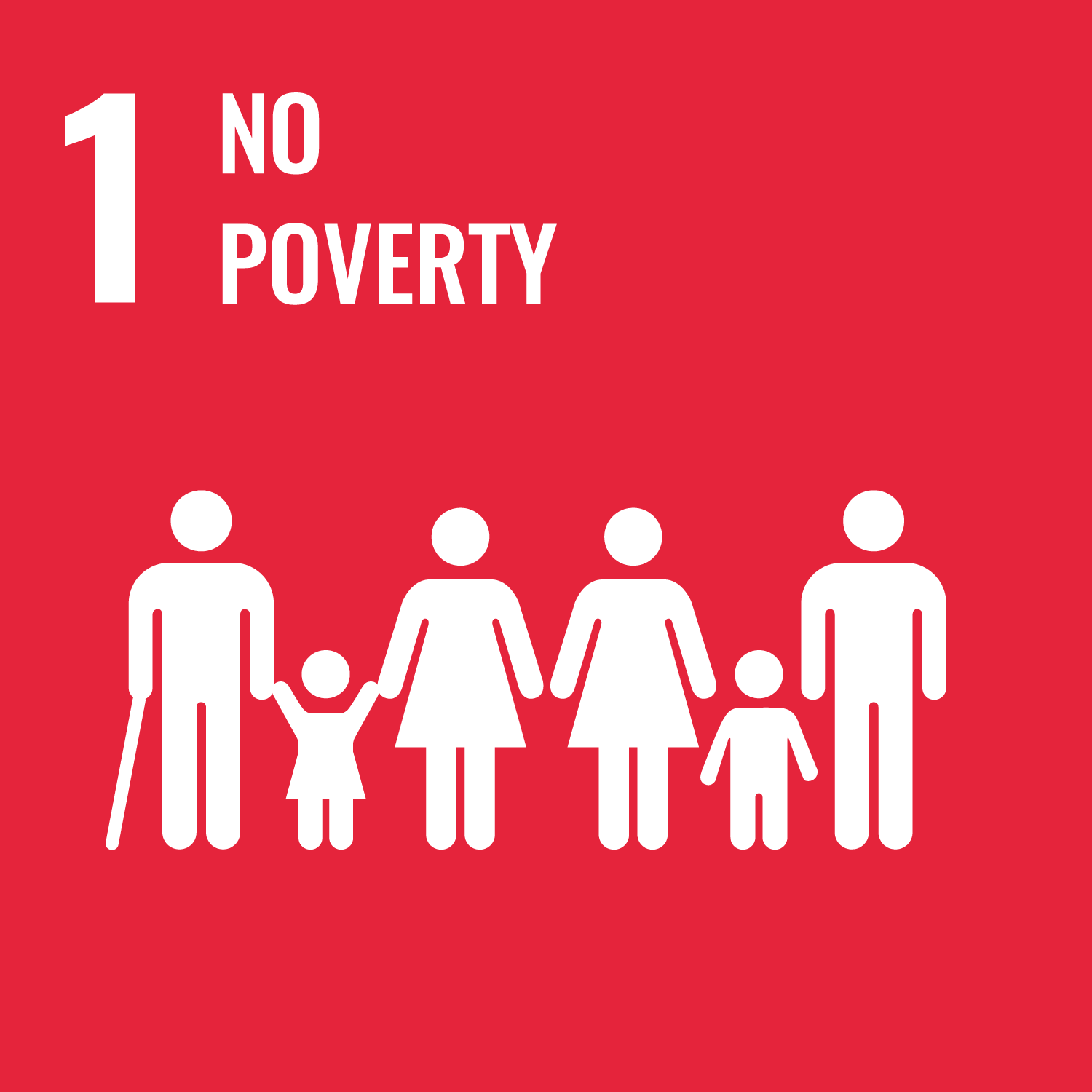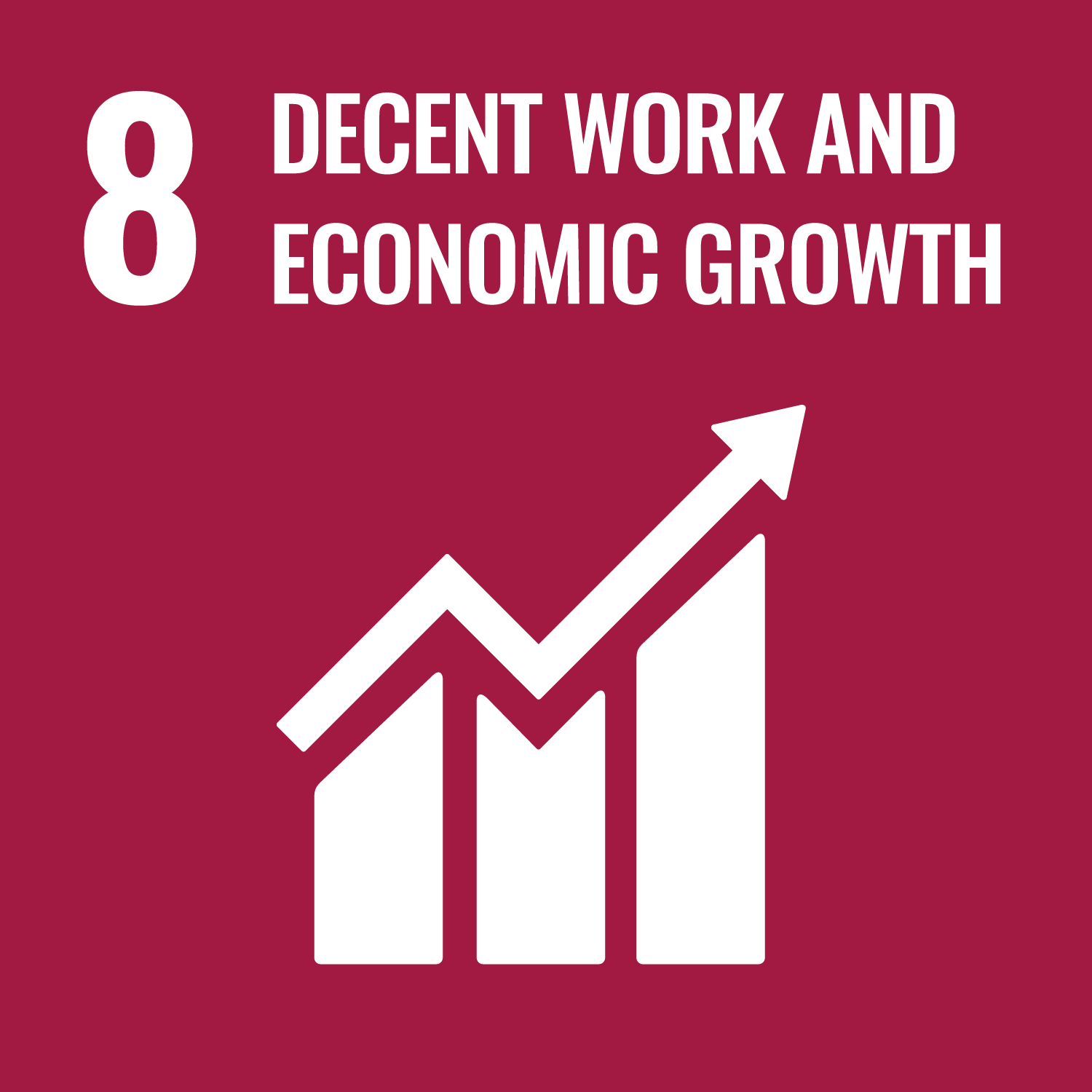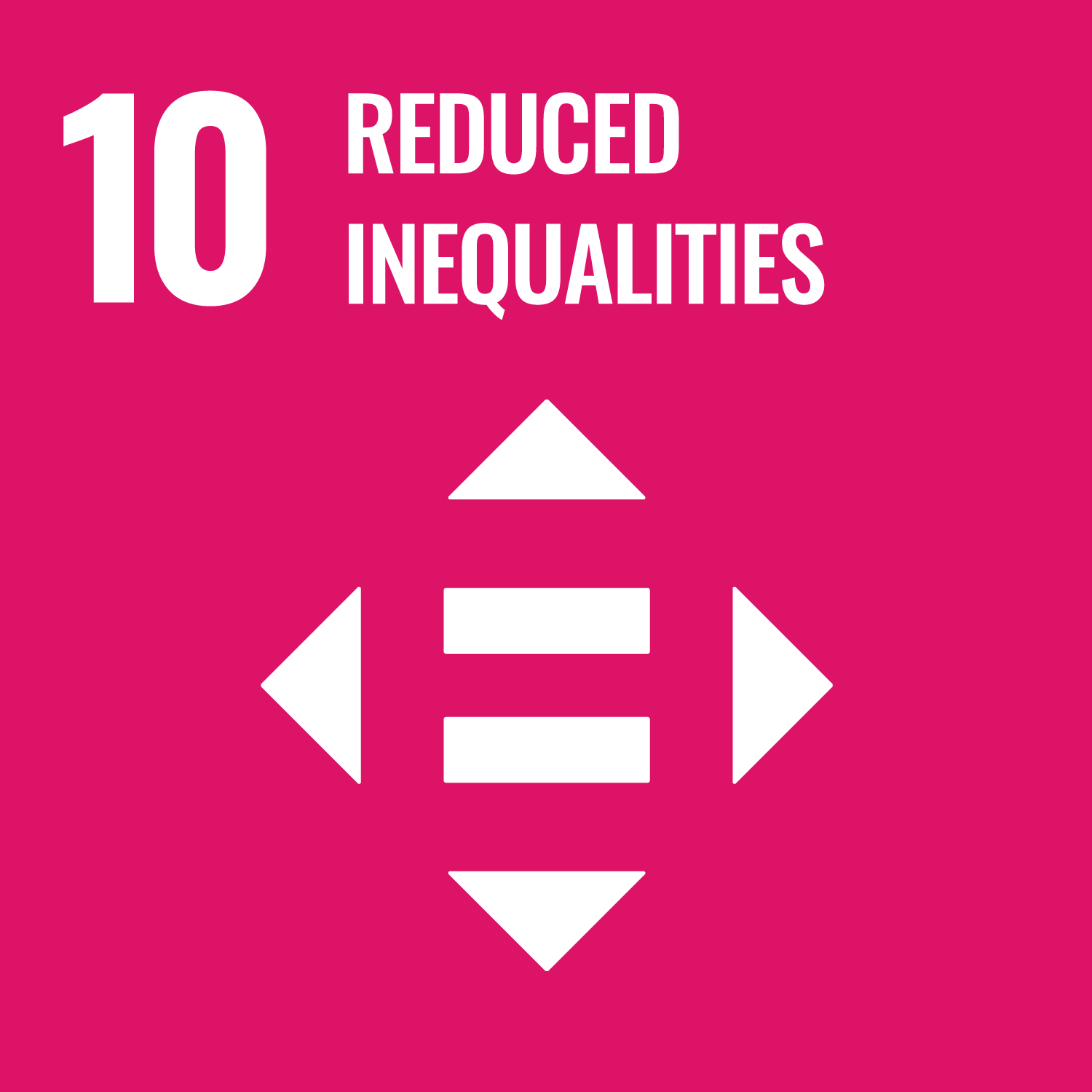Publication:
Pioneering Islamic microfinance in Uganda: a sustainable poverty alleviation approach
Loading...
Abstracts views
42
Views & Download
4
Date
2022
SDG:
../../../../assets/images/goals/E_WEB_01.png

../../../../assets/images/goals/E_WEB_08.png

../../../../assets/images/goals/E_WEB_10.png

Abstract
Microfinance has continued to receive positive consideration as a powerful and prospective tool needed in combating poverty and promoting financial inclusion among the poor and lower-income groups. It refers to the provision of financial services to poor and low-income people whose low economic standing excludes them from formal financial systems (IRTI, 2007). Microfinance institutions (MFIs) do enable the poor to gain access to financial services such as micro-credit, venture capital, micro-savings, micro-insurance, and money transfers on a micro level which enhances the involvement of those considered unbankable but with the acute need of financial assistance. Extending financial services to the poor not only enhances their household income and economic security, but also enables them to acquire assets and decrease their vulnerability thereby accelerating the demand for other goods and services in terms of health and education, thus leading to socio-economic development.
Keywords
Interest-free finance , Sustainable development , Poverty alleviation , Islamic microfinance , Uganda
Citation
Kakembo, S. H., Ahmad, A. U. F., & Muneeza, A. (2022). Pioneering Islamic microfinance in Uganda: A sustainable poverty alleviation approach. In M. K. Hassan, A. Muneeza, & K. N. M. Sonko (Eds.), Islamic finance in Africa: The prospects for sustainable development (pp. 249-272). Edward Elgar Publishing.
Publisher
Edward Elgar Publishing
Available on the EBSCOHost eBooks platform.
